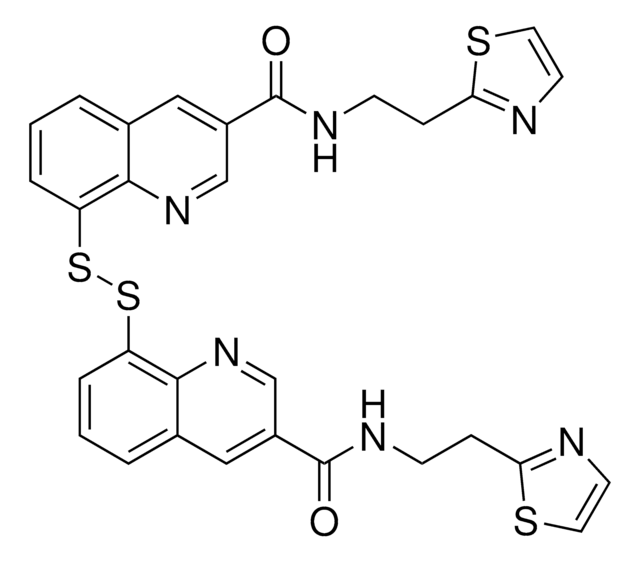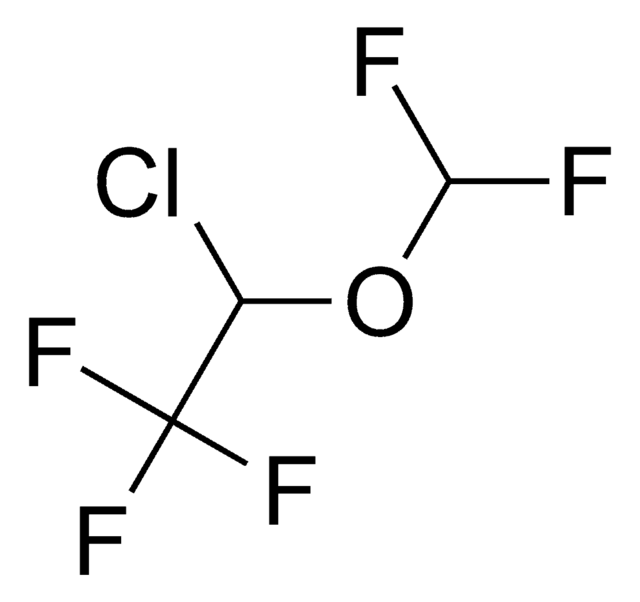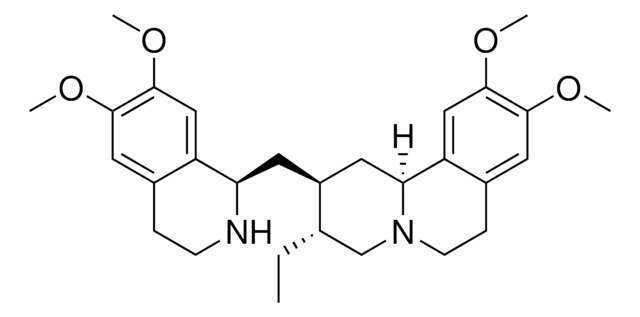E0532
Monoclonal Anti-Epidermal Growth Factor Receptor antibody produced in mouse
clone 102618, purified immunoglobulin, lyophilized powder
Synonym(s):
Anti-EGFR
Sign Into View Organizational & Contract Pricing
All Photos(1)
About This Item
Recommended Products
biological source
mouse
Quality Level
conjugate
unconjugated
antibody form
purified immunoglobulin
antibody product type
primary antibodies
clone
102618, monoclonal
form
lyophilized powder
species reactivity
human
technique(s)
western blot: 1-2 μg/mL
isotype
IgG2b
UniProt accession no.
storage temp.
−20°C
target post-translational modification
unmodified
Gene Information
human ... EGFR(1956)
Looking for similar products? Visit Product Comparison Guide
General description
The members of epidermal growth factor receptor (EGF R) or the ErbB receptor family have been identified as useful biomarkers and targets for cancer therapy. The EGFR family includes four receptor tyrosine kinases, EGF R (ErbB1), ErbB2 (neu), ErbB3, and ErbB4. EGF R binds EGF and induces tyrosine phosphorylation leading to proliferation of cells. EGF R is present on many cell types of epithelial and mesenchymal lineages. EGF R is capable of binding transforming growth factor-α and heparin-binding EGF in addition to EGF. There are numerous effector molecule activated by EGF R that result in a variety of biological processes such as morphogenesis, cell motility, apoptosis, differentiation and organ repair and maintenance. Deregulation of EGF R signaling is implicated in progression of a wide variety of tumors, invasion and metastasis
Monoclonal anti-EGF Receptor detects human EGF receptor. This antibody shows no cross-reactivity with recombinant mouse EGF R, recombinant human ErbB2, recombinant mouse ErbB2, recombinant human ErbB3, or recombinant human ErbB4.
Monoclonal anti-EGF Receptor detects human EGF receptor. This antibody shows no cross-reactivity with recombinant mouse EGF R, recombinant human ErbB2, recombinant mouse ErbB2, recombinant human ErbB3, or recombinant human ErbB4.
Immunogen
purified, NSO cell-derived recombinant human epidermal growth factor receptor extracellular domain.
Application
Anti-EGF R antibody may be used at a working concentration of 1-2 μg/ml for detection of human EGF R by immunoblotting.
Physical form
Lyophilized from a 0.2 μm filtered solution in phosphate buffered saline with 5% trehalose.
Disclaimer
Unless otherwise stated in our catalog or other company documentation accompanying the product(s), our products are intended for research use only and are not to be used for any other purpose, which includes but is not limited to, unauthorized commercial uses, in vitro diagnostic uses, ex vivo or in vivo therapeutic uses or any type of consumption or application to humans or animals.
Not finding the right product?
Try our Product Selector Tool.
recommended
Product No.
Description
Pricing
related product
Product No.
Description
Pricing
Storage Class Code
13 - Non Combustible Solids
WGK
WGK 1
Flash Point(F)
Not applicable
Flash Point(C)
Not applicable
Personal Protective Equipment
dust mask type N95 (US), Eyeshields, Gloves
Choose from one of the most recent versions:
Already Own This Product?
Find documentation for the products that you have recently purchased in the Document Library.
Targeting the EGFR-family for therapy: biological challenges and clinical perspective
Patel R and Leung HY
Current Pharmaceutical Biotechnology, 18, 2672-2679 (2012)
Parthasarathy Seshacharyulu et al.
Expert opinion on therapeutic targets, 16(1), 15-31 (2012-01-14)
Cancer is a devastating disease; however, several therapeutic advances have recently been made, wherein EGFR and its family members have emerged as useful biomarkers and therapeutic targets. EGFR, a transmembrane glycoprotein is a member of the ERBB receptor tyrosine kinase
Priscila O Carvalho et al.
The International journal of biological markers, 29(2), e120-e128 (2013-10-31)
EGFR analyses allow for better correlation between genotype and phenotype in astrocytomas and represent an attractive therapeutic target. Most studies emphasize analyses of EGFR in glioblastomas (GBMs) but do not analyze all grades of astrocytomas (from pilocytic to GBM). The
A Wells
The international journal of biochemistry & cell biology, 31(6), 637-643 (1999-07-15)
The receptor for the epidermal growth factor (EGF) and related ligands (EGFR), the prototypal member of the superfamily of receptors with intrinsic tyrosine kinase activity, is widely expressed on many cell types, including epithelial and mesenchymal lineages. Upon activation by
Woody Han et al.
Cancer letters, 318(2), 124-134 (2012-01-21)
The epidermal growth factor receptor (EGFR) pathway is one of the most dysregulated molecular pathways in human cancers. Despite its well-established importance in tumor growth, progression and drug-resistant phenotype over the past several decades, targeted therapy designed to circumvent EGFR
Our team of scientists has experience in all areas of research including Life Science, Material Science, Chemical Synthesis, Chromatography, Analytical and many others.
Contact Technical Service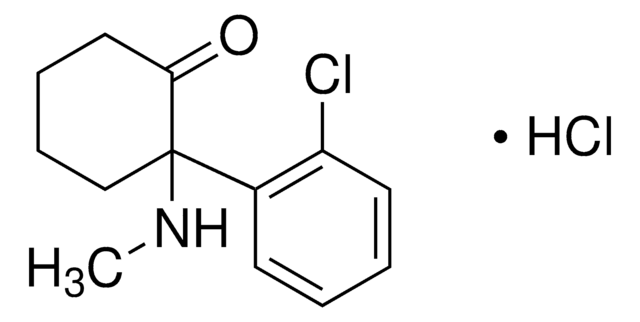
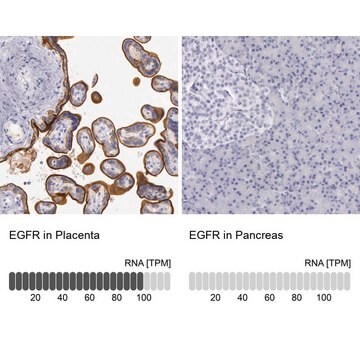

![[Asn1, Val5]-Angiotensin II ≥97% (HPLC)](/deepweb/assets/sigmaaldrich/product/structures/380/827/d4959a32-f11c-488c-9bc0-86d4d43cb5cb/640/d4959a32-f11c-488c-9bc0-86d4d43cb5cb.png)
